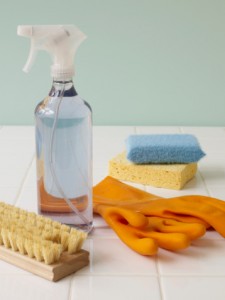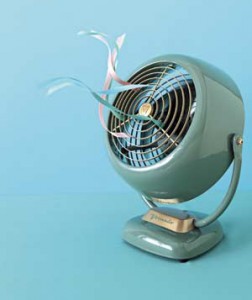As the weather warms up and days get longer, take these steps to make sure you are being smart about your energy use!
Spring Energy Tips
 Spring is the perfect time to get into good energy efficiency habits. Make weatherizing a part of your spring cleaning routine. As you’re sweeping corners and organizing drawers take time to seal any gaps in your home. Find cheap caulk or weatherizing strips at your local hardware store and make sure you let the sunshine in without letting your cool air out. Weatherizing your home keeps you comfortable and keeps your heating and cooling costs down.
Spring is the perfect time to get into good energy efficiency habits. Make weatherizing a part of your spring cleaning routine. As you’re sweeping corners and organizing drawers take time to seal any gaps in your home. Find cheap caulk or weatherizing strips at your local hardware store and make sure you let the sunshine in without letting your cool air out. Weatherizing your home keeps you comfortable and keeps your heating and cooling costs down.
Beat finicky New England spring temperature changes without running back and forth between your heater and air conditioner using your window treatments. Throw your shades open and let the sun warm your home on chilly days, then make sure to tightly close shades and curtains at night to seal in the warm air. On hot days block out the sun with drawn shades, then open them wide at night to let the cool night breezes in.

If you have to heat your house and use a hot water heating system, look into turning down the aquastat in your boiler. Often, these are set to 180 degrees for keeping your home warm in the middle of winter, which is overkill for the milder spring and fall months. Better yet, consider replacing your manual aquastat with one that modulates based upon the outside temperature, this change alone can save you up to 10% on your heating bill.
Try to last as long as possible before submitting to your air conditioner! Use fans throughout the house to keep air flowing, grill outside to keep the oven from heating up the house, and take shorter showers to decrease hot humid air in the house. Run your ceiling fan and be sure to flip the direction switch from the winter “pull cool air up for mixing” (usually marked as “Reverse”) to the summer “push a draft over me” position.
Summer Energy Tips
Here is a list of tips and ideas for things you can do in the warm weather to keep your energy use down.
- Minimize the amount of time your refrigerator door is open, and keep your refrigerator full to reduce air exchange when the door is open.
- Get a bicycle tune-up, and use your two-wheeled steed to run light errands.
- Put up a clothesline. The old-saw “sunlight is the best disinfectant” is generally used in another context, but sun and wind make for cheaper and fresher smelling laundry than any dryer sheet.
- Use ceiling, room and window fans or open windows before turning on your cooling system. A typical ceiling fan only uses about as much energy as a standard 60 Watt light bulb, but fans can make you feel 3–4°F cooler. Since a fan works by promoting convection and evaporation, they should only be powered on in occupied rooms. Also consider a whole house fan as a cheaper and more efficient alternative to air conditioning if you need extra cooling capacity.
- Use light-colored curtains and blinds in the summer. Close them in the middle of the day to keep strong sunlight from heating your home. Consider thermal-drapes to block out sun on south-facing windows in the summer, which can have a dramatic impact, as can the use of light colored paint to reflect heat in porches or sun-rooms.
- Use landscaping such as trees and shrubs to shade your home, but avoid using evergreens on the south side of your home: You still want to take advantage of the warmth available from the winter sun.
- If you have a room air conditioner, make sure to rinse and clean the filter to maximize its efficiency. Room air conditioners should be on a north-facing wall or shaded side of a building when possible. Keep air conditioner units set at the highest comfortable temperature, a good starting point is 74–78°F. Set the air-conditioner to “Auto” instead of the “On” position, which keeps fan running even when you are not home. Ventilation fans such as those in kitchens, and bathrooms should be used sparingly, since they pull conditioned air out of your home. Lastly, close storm windows and doors to minimize loss of cool air, and make sure that drapes and furniture do not block vents or air returns.
- Make sure doors close properly and replace non-working doorknobs and latches. Keep the tracks on sliding glass doors clean. A dirty track can ruin the door’s seal and create gaps where heat can come in and cold air can escape.
